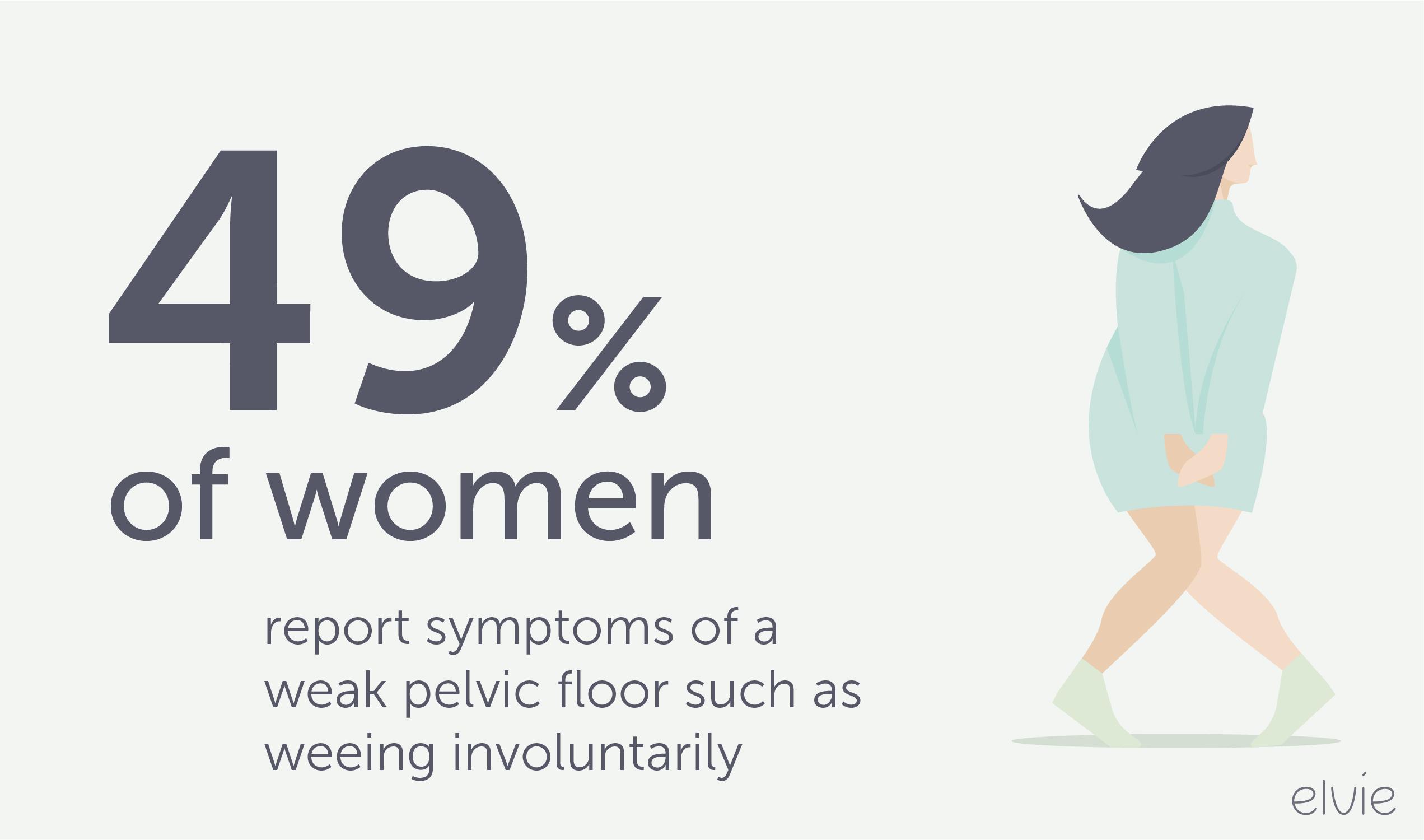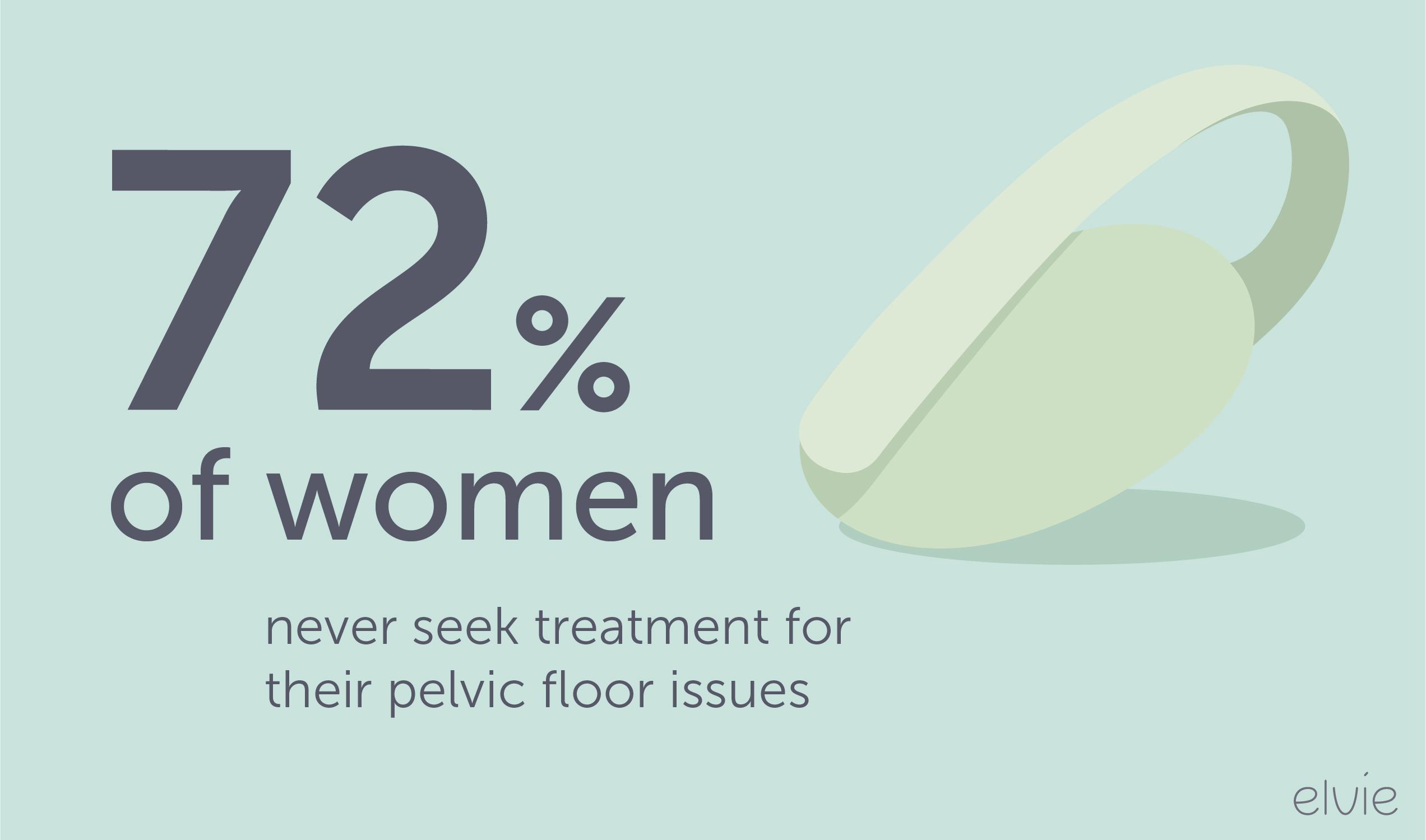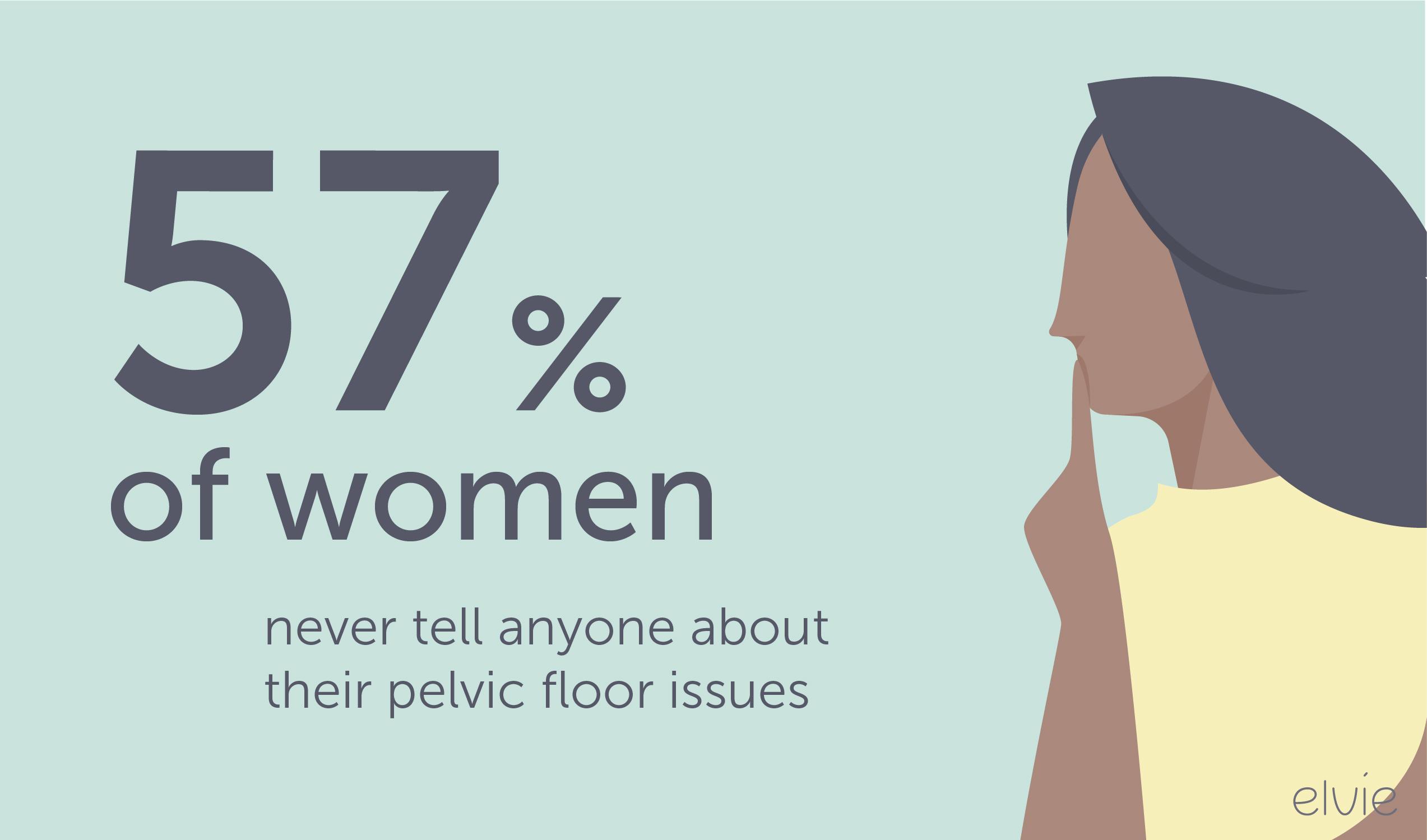
Anal incontinence, sometimes also called faecal incontinence, is the loss of control of the bowels.
This results in the accidental leakage of stools and or wind from the back passage. Symptoms may range from the occasional leakage of a small amount of stool, or occasionally breaking wind when you don’t want to, to frequent, complete loss of control of the bowels. Some people get the urge to pass stools but simply can’t get to the toilet on time whereas others get no warning that they are going to pass stools before losing control of the bowels. Anal incontinence is extremely distressing and can affect every aspect of your life including work, social life, sex life and family life.
If you think that you may have anal incontinence then you are not alone. It is thought that as many as 1 in 10 adults have anal incontinence. However, many people find their symptoms embarrassing and therefore are reluctant to discuss them and so do not seek treatment. However, anal incontinence can improve with treatment. Government guidelines recommend that treatment for anal incontinence should include dietary, toileting and lifestyle advice and pelvic floor muscle training.
During a Women’s Health Physiotherapy assessment for anal incontinence, the physiotherapist will discuss your symptoms in detail before offering you an examination. If accepted, the examination will include an assessment of the pelvic floor muscles therefore enabling the physiotherapist to work with you to develop a personal pelvic floor muscle training program that is right for you. Women’s Health Physiotherapists also offer dietary, toileting and lifestyle advice to further improve your symptoms.
World Continence Week runs 16th – 22nd November and its the perfect time to seek help: Make an appointment with our physios who can help if you are suffering from this problem











